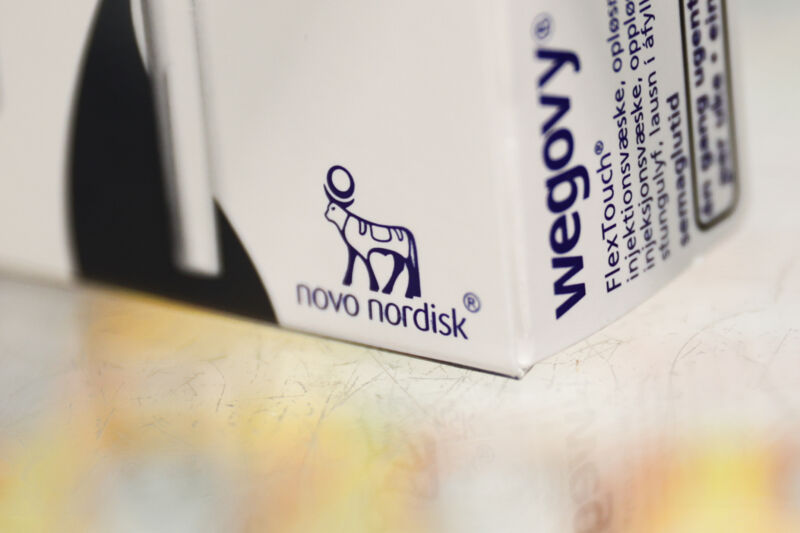Man suffers heart problem after rapid weight loss: A GLP-1 cautionary tale

Enlarge (credit: Getty | Spauln)
The dose makes the medicine—and for many critical prescription drugs, the dose depends on a patient's body weight. Usually, this is not a problem; weight changes large enough to significantly affect dosages often occur gradually, over periods long enough for doctors to notice and adjust prescriptions. But, in the era of new weight loss drugs, that may no longer be the case.
In a cautionary tale published Monday in JAMA Internal Medicine, researchers at the University of Colorado reported the case of a man who lost nearly 30 percent of his body weight in a six-month period using a new weight loss drug. Then, he showed up at an emergency department with heart palpitations, excessive sweating, confusion, fever, and hand tremors. Tests indicated the man had atrial fibrillation, an irregular heart rhythm that can lead to heart failure and stroke without treatment.
The 62-year-old had no history of atrial fibrillation, but he had previously been diagnosed with obesity, Type 1 diabetes, and hypothyroidism (a condition in which the thyroid gland does not produce enough thyroid hormone). For his hypothyroidism, he took levothyroxine, a synthetic thyroid hormone that is dosed by weight.


